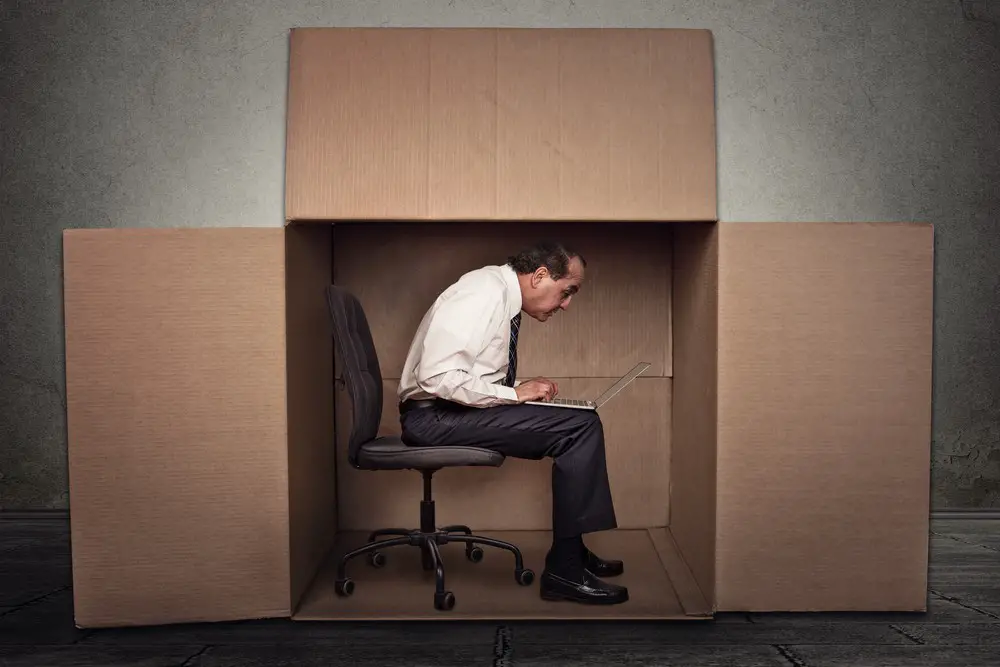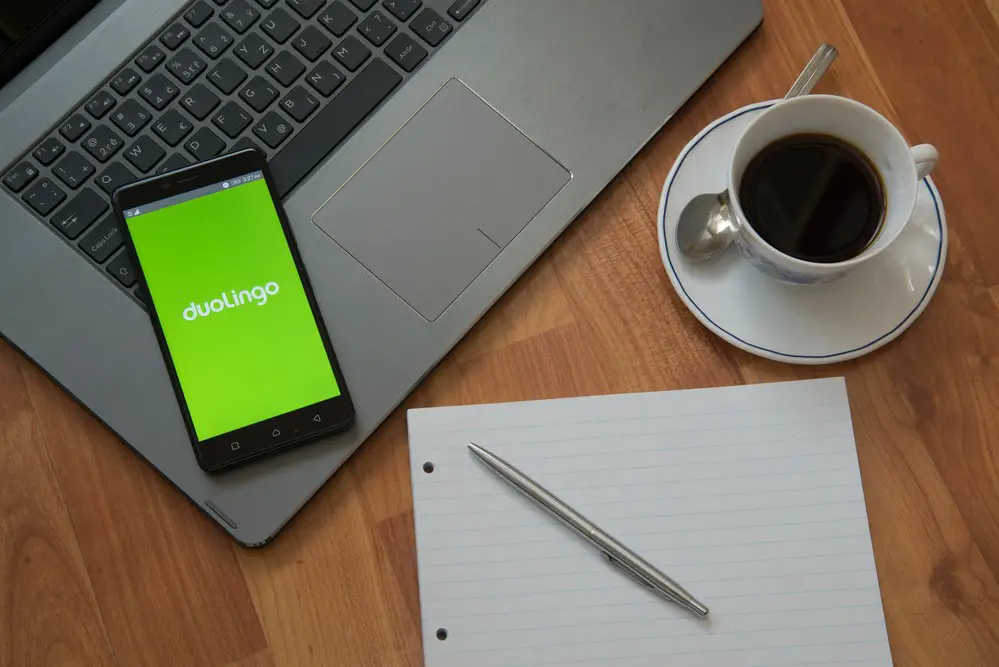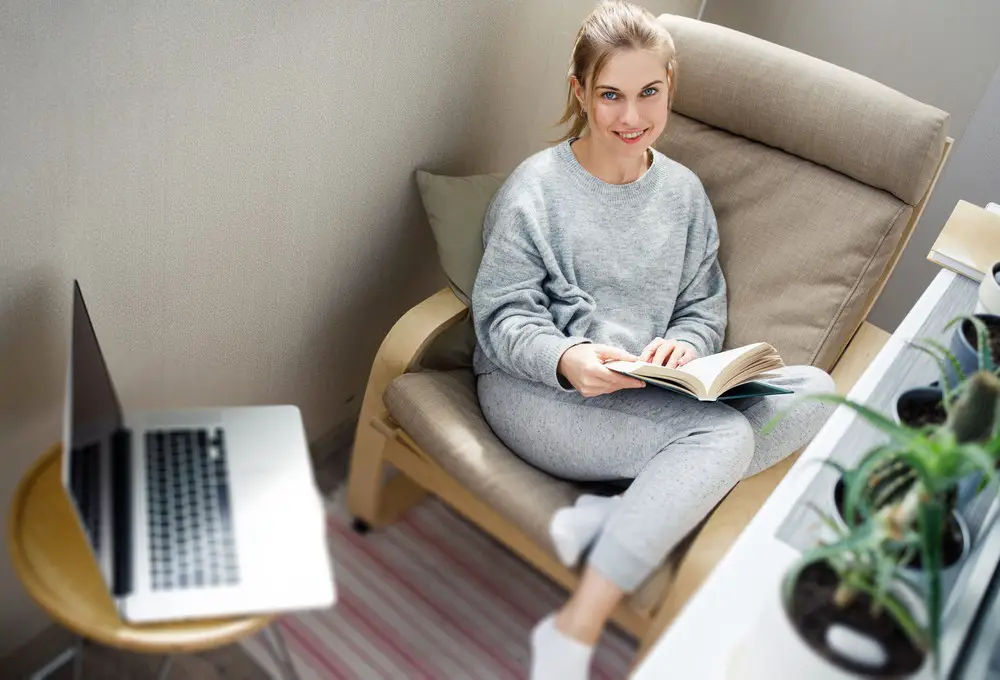As a BetterHelp affiliate, we receive compensation from BetterHelp if you purchase products or services through the links provided
For many individuals, engaging in hobbies can be a healthy and enriching way to spend their free time. However, for introverts dealing with anxiety, finding activities that cater to their unique needs can be challenging. This article recommends hobbies that respect introverted personality traits and help alleviate anxiety through relaxation and mindfulness.
Introverts typically seek calm and solitary environments, preferring to use their energy for introspection and personal growth. Considering this preference, hobbies that involve creativity, focus, and a soothing atmosphere can provide the perfect blend of stimulation and tranquility. In the following sections, a compilation of activities crafted for introverts with anxiety will be discussed in detail.
From engaging with nature to experimenting with art forms, each hobby is designed to offer opportunities for self-expression and self-discovery. By exploring these options, introverts with anxiety can uncover the fulfilling and soul-nourishing pastimes they’ve sought.
Understanding Introverts and Anxiety

Introverts enjoy solitude and derive energy from it, unlike extroverts, who gain energy from social interaction. Anxiety is a mental health issue characterized by worry, unease, or fear, ranging from mild to severe. When introverts experience anxiety, it can manifest differently than extroverts and may cause unique challenges.
Social situations and interactions can be mentally draining for introverts, potentially exacerbating anxiety. While introverted individuals often feel at ease in their own company, they may also experience heightened feelings of loneliness or isolation if they avoid socializing for long periods, which can contribute to or worsen depression.
Recognizing the personality traits and triggers related to introversion and anxiety is essential. Awareness of these factors can help introverts and their loved ones better understand and manage their mental health. Common triggers include large gatherings, public speaking, and new or unfamiliar situations.
Anxiety is not exclusive to introverts, but this personality type may face specific challenges due to their preference for solitude. Introverts with anxiety might find it harder to seek support or share their feelings with others. Consequently, they may be more prone to internalize their struggles and potentially enter a cycle of rumination, which can exacerbate their anxiety and depression.
In summary, understanding the relationship between introversion and anxiety is vital, as it helps people recognize their feelings, identify triggers, and manage their mental health. While introverts might face unique obstacles, they can cope with anxiety by being mindful of their personality traits and addressing their needs in a way that respects their inherent preferences for solitude.
Hobbies for Stress Reduction and Relaxation
Meditation and Deep Breathing
Meditation and deep breathing exercises can be suitable hobbies for introverts with anxiety. They are effective in reducing stress and require minimal social interaction. Meditation typically involves calming the mind and focusing on the present moment. Practicing mindfulness meditation can help individuals to develop a more positive outlook and better manage their anxiety.
Journaling and Writing
Journaling and writing can also be valuable hobbies for introverts with anxiety. Expressing thoughts on paper can help reduce feeling overwhelmed by emotions. As a form of self-expression, journaling can help individuals process their thoughts and find new perspectives on challenging situations. Furthermore, writing stories or poetry can provide an additional creative outlet for emotions.
Yoga and Exercise
Regular exercise is an essential coping mechanism for managing stress and anxiety. Yoga, in particular, combines physical activity with mindfulness practice. Introverts with anxiety can practice yoga at home or attend classes with small groups to maintain their comfort level. Other forms of exercise, such as walking, swimming, or dancing, can also reduce stress and improve mental well-being.
Reading and Book Clubs
Reading is a perfect hobby for introverts, as it allows for solitude and mental escape from anxious thoughts. Engaging with books and their stories can foster a connection with characters and other readers. For those interested in social interaction without much pressure, joining a book club can provide a structured and meaningful discussion opportunity with like-minded individuals. Book clubs can offer encouragement and motivation to explore new reading materials while maintaining a safe space for introverts.
Creative Hobbies for Introverts
Painting and Drawing
Painting and drawing allow introverts to express their emotions and thoughts through colors and lines. These hobbies allow them to work in quiet, intimate environments where they can focus on their craft. Additionally, painting and drawing can be therapeutic for individuals with anxiety, as the creative process helps them switch focus from their worries to the artwork.
Photography and Digital Media
Photography and digital media can harness the introvert’s observational skills. When they explore the world through a camera lens, introverts can find calm in capturing and editing images. Photography and digital photography offer many possibilities, from portraiture to landscape shots and more. Moreover, these activities enable them to express their artistic vision without verbal communication.
Knitting and Crafting
Knitting and crafting activities, such as crocheting or beadwork, can give introverts a sense of accomplishment. Focusing on detailed patterns and repetitive motions can help calm their anxiety while creating a tangible product. These knitting and crafting hobbies foster community as they connect with others who share their passion online or in person.
Cooking and Baking
Introverts often find solace in the step-by-step process of creating delicious dishes. Cooking and baking encourage mindfulness and focus, distracting from anxious thoughts. It also builds confidence as they learn new techniques and experiment with various ingredients. As a bonus, these culinary hobbies could lead to sharing their creations with loved ones, fostering social connections at their own pace and comfort level.
Playing Games
Games like online Hearts and Spades offer introverts a relaxing way to unwind and recharge. With their structured gameplay and easy-to-learn rules, these card games provide a sense of control and familiarity, creating a comfortable environment for players to sit back and enjoy. Whether playing solo or with a small group of friends, Hearts and Spades offers a tranquil experience, perfect for introverts seeking leisure.
Exploring Nature and Outdoor Activities
Gardening and Horticulture
Gardening and horticulture can be a great way for introverts with anxiety to relax and enjoy nature. It allows individuals to work independently, nurturing and growing plants. Through gardening, one can experience a sense of accomplishment as they watch their plants flourish and bloom.
Additionally, horticulture can provide a therapeutic and calming environment, offering a reprieve from anxious thoughts. It can also improve physical health through gentle exercise and exposure to fresh air.
Hiking and Nature Walks

Hiking and nature walk enable introverts with anxiety to escape from the busy, overstimulating world. These activities allow for quiet, introspective moments amid the beauty and tranquility of the natural world. Hiking can range from leisurely nature walks to more challenging trails, enabling individuals to choose a difficulty that suits their comfort level.
During these walks, one can focus on nature’s sights, sounds, and scents, providing a much-needed distraction from intrusive thoughts. Hiking and nature walks can also improve cardiovascular health and promote a more balanced mental state.
Biking and Running
Biking and running are excellent options for introverts with anxiety who prefer more rigorous exercises. These activities can be performed solo, allowing for an increased sense of autonomy. Both biking and running can reduce anxiety by releasing endorphins, which help improve mood and decrease stress levels.
Furthermore, one can customize their routes to enjoy the benefits of outdoor scenery, providing a sense of mental relaxation. Regular biking and running can enhance overall physical health, improving self-confidence and well-being.
Solo and Online Learning Opportunities
Language Learning and Workshops

Introverts with anxiety can explore various language learning platforms to find comfort and personal growth. Online platforms, such as Duolingo and Babbel, allow learners to study and practice languages at their own pace without the pressure of interacting face-to-face with others. In addition, online language workshops, such as those offered by Polyglot Club or Preply, allow shy individuals to engage in the mastery of a new language while undergoing minimal anxiety-inducing social interaction.
Computer Programming and Skill Development
Computer programming is a suitable hobby for introverts as it inherently involves solo work and is highly rewarding. Online platforms like Codecademy and FreeCodeCamp offer free courses in various programming languages, from basics to in-depth expertise. Moreover, they provide a supportive online community where learners can share their progress and get expert guidance. These platforms help to combine solo learning with a sense of connection to like-minded individuals to overcome anxiety.
Creative Writing and Poetry
Creative writing and poetry allow introverts to express themselves and their emotions authentically. Websites like Writer’s Digest, The Write Practice and Reedsy Prompts offer various creative writing resources and workshops to nurture one’s writing skills. They also provide peer review opportunities that help introverts communicate within a safe and supportive space for improvement.
For poetry enthusiasts, platforms such as AllPoetry and Poets&Criters are valuable resources for honing poetic skills and sharing original works with others with similar interests. Through these online platforms, introverts can find solace in the world of words and connect with like-minded poets in a comfortable, anxiety-free environment.
Benefits of Hobbies on Mental and Physical Health
Engaging in hobbies can have numerous positive effects on both mental and physical health for introverts with anxiety. When individuals immerse themselves in enjoyable activities, they often experience reduced stress. Focusing on a task that brings satisfaction allows the brain to shift its attention away from ongoing problems or worries, thus reducing stress.
Mental health can significantly improve as a result of taking up hobbies. Participating in creative or skill-based activities boosts self-esteem and confidence, allowing individuals to master new skills and express themselves. In addition, the sense of accomplishment that comes with completing a project or improving a skill can lead to increased feelings of self-worth and competence.
Hobbies can also provide introverts with a productive way to cope with anxiety, allowing them to channel their energy into something that encourages personal growth. Many hobbies promote mindfulness, which involves focusing on the present moment and accepting it without judgment. This can be particularly beneficial for those battling anxiety, as it helps to quiet the mind and reduce anxious thoughts.
Regarding physical health, hobbies can contribute to overall well-being, particularly if the chosen activities involve physical movement. Exercise releases endorphins, natural chemicals in the body that reduce pain perception and create a feeling of happiness or euphoria. This can lead to a decrease in stress levels and an improvement in overall mood.
Additionally, hobbies can foster social connections, even for introverts. Many activities offer the opportunity to join clubs or groups, which provide a sense of belonging and a chance to develop meaningful relationships with like-minded individuals. These social interactions can also help alleviate loneliness and promote emotional well-being.
In summary, adopting hobbies can have significant benefits for both mental and physical health, particularly for introverts with anxiety. Hobbies can enhance overall well-being by reducing stress, improving self-esteem, fostering mindfulness, promoting physical health, and encouraging social connections.
Finding Like-Minded People and Socializing
For introverts with anxiety, finding like-minded people can be essential to engaging in hobbies and socializing. While extroverts might have an easier time meeting new people, introverts can also form meaningful social connections by participating in activities suited to their preferences and temperament.
One approach to finding like-minded individuals is to join clubs or organizations centered around a particular hobby or interest. These groups often provide a structured environment where introverts can engage in their favorite activities while gradually becoming acquainted with others who share their passions.
Another valuable strategy is participating in online forums and communities related to specific hobbies or interests. These platforms allow introverts to connect with people from around the world with similar interests, making it easier to form social connections without the stressors typically associated with in-person interactions.
Regarding social hobbies, introverts with anxiety might prefer activities that offer ample opportunities for meaningful conversation and personal bonding. Board game nights, book clubs, and crafting circles are a few examples of social hobbies that allow for genuine connection without overwhelming introverts or exacerbating anxiety.
Regardless of the activities or platforms are chosen, introverts should remember to:
- Engage in hobbies or activities that genuinely interest them, as this will make it easier to connect with like-minded individuals.
- Be patient and give themselves time to adjust to new social environments, which will help reduce anxiety and increase comfort levels.
- Seek out environments that foster a sense of community, as these are more likely to welcome and support introverted individuals.
Considering these considerations, introverts with anxiety can find like-minded people and enjoy socializing that aligns with their unique preferences and needs.



